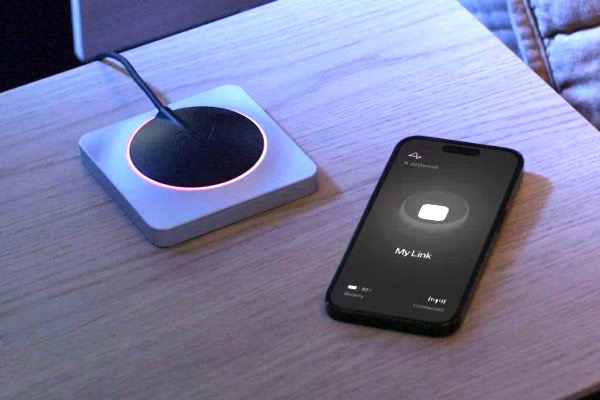Neuralink: 12 People Worldwide Have Received Brain Implants

Elon Musk’s brain-chip startup Neuralink, which is dedicated to connecting the human brain with computers through implanted chips, announced that 12 people worldwide have received Neuralink brain implants, with a cumulative usage time of over 15,000 hours (about 2,000 days). This milestone marks a significant step toward the commercialization of brain-computer interfaces (BCIs), with Neuralink positioned as one of the leading companies in the field.
This figure shows notable progress compared to its partner, the Barrow Neurological Institute, which only announced in June that seven severely paralyzed patients were using its devices. Neuralink stated that patients using its implants have collectively surpassed 15,000 hours of device use, controlling both digital and physical tools solely through thought.
Neuralink’s mission is to implant miniature chips into the human brain to address neurological conditions such as blindness, paralysis, and mental illness. Noland Arbaugh, the first patient to receive a brain implant, shared in an interview that he became paralyzed from the waist down in 2016 due to a swimming accident. With the Neuralink implant, he has regained the ability to play video games and learn languages, describing himself as working hard to make up for the eight and a half years lost to paralysis.
The company also announced that two recent surgeries were completed in Canada on patients with spinal cord injuries. After receiving implants of Neuralink’s first device, Telepathy, the patients were able to interact with technology through thought alone. Neurosurgeon Dr. Andres Lozano of Toronto Western Hospital said the results were “almost instantaneous.” One patient was able to control a cursor within minutes by thought alone. Once decoded, the AI-translated signals were instantly converted into cursor movements at remarkable speed.
In July this year, Neuralink accelerated its clinical trial rollout by launching studies in the UK to test its brain implant technology. These trials will be conducted in collaboration with University College London Hospitals and Newcastle Hospitals. Approved by UK regulators, the GB-PRIME clinical study will focus on how paralyzed patients can use brain-computer interfaces to interact with the digital world.
In 2023, Neuralink received FDA approval to conduct human trials in the U.S. and has since achieved several milestones. Looking ahead, the company plans to attempt partial vision restoration for visually impaired patients by 2026. Neuralink envisions making brain-computer interfaces an affordable medical solution as it expands onto the international stage. Musk has stated that his ultimate goal is to lower the cost of both brain implants and the surgical procedure to just a few thousand dollars.
However, experts continue to warn that brain-computer interfaces raise serious concerns about privacy, ethics, and long-term health risks, which must remain under strict regulatory oversight.
- 548 reads
Human Rights
Fostering a More Humane World: The 28th Eurasian Economic Summi

Conscience, Hope, and Action: Keys to Global Peace and Sustainability

Ringing FOWPAL’s Peace Bell for the World:Nobel Peace Prize Laureates’ Visions and Actions

Protecting the World’s Cultural Diversity for a Sustainable Future

Puppet Show I International Friendship Day 2020

